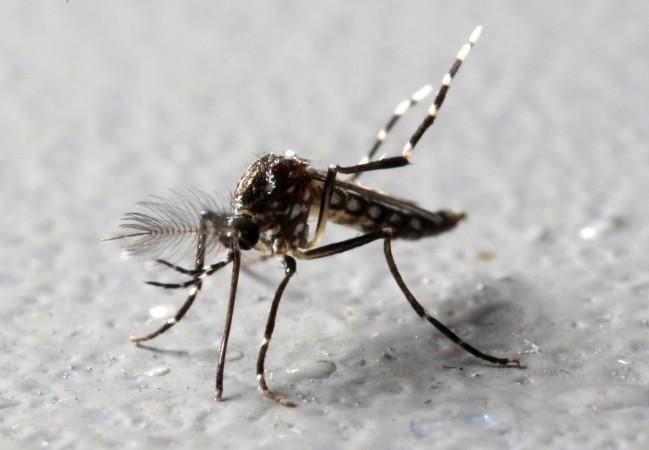
Houston: The first vaccine for chikungunya, a viral mosquito-borne fever spread by Aedes aegypti and Aedes albopictus mosquitoes, has been developed by scientists. This drug is safe and effective, as it has been made using an insect-specific virus which is harmless to humans.
"This vaccine offers efficient, safe and affordable protection against chikungunya and builds the foundation for using viruses that only infect insects to develop vaccines against other insect-borne diseases," said Scott Weaver, professor at The University of Texas Medical Branch at Galveston (UTMB) in the US, as stated by utmb.edu.
Some symptoms of the chikungunya fever are severe joint pain in the hands and feet and it can also be characterised by muscle pain, headache, rash or joint swelling.
The researchers revealed that the joint pain cures for some patients, but for others it may prevail for years. They also stated that despite being rare, there are chances of occurrence of death.
Usually a balance between safety and how quickly the vaccine is developed is involved.
Vaccines which are made using weakened versions of living pathogens, which is referred to as 'live-attenuated vaccines' provides quick and reliable immunity, but the safety levels are comparatively lower.
Inactivated vaccines, on the other hand are safer, but their effectiveness is lower in comparison to the live-attenuated vaccines and one needs to have more doses of the medicine to get benefited by it.
Both these vaccine-types are likely to possess a risk of spreading the disease, the reason being incomplete or unstable weakening of the virus and incomplete inactivation of the live pathogen. These factors are noticed when a vulnerable person turns sick.
The researchers used Eilat virus to avoid the above impacts of the pathogens. The Eilat virus was used by the scientists as it affects only insects and has no effects on humans.
Clone of an Eilat virus was used by the UTMB researchers to create a hybrid, virus-based medicine which comprised chikungunya proteins.
"The Eilat/Chikungunya vaccine was found to be structurally identical to natural chikungunya virus. The difference is that although the hybrid virus replicates very well in mosquito cells, it cannot replicate in mammals," a UTMB report stated.
Two different mouse models were found to be completely protected from chikungunya with the help of this vaccine. Just a single dose of the Eilat/Chikungunya candidate vaccine was found to neutralise the antibodies which prevailed for above 290 days. This impact of the medicine was observed within four days.
Eilat/Chikungunya was found to evoke quick and strong immunity in non-human primates. No traces of virus was found in the blood nor any signs of illness was observed post-chikungunya virus infection, the UTMB researchers revealed.
These findings are published in the journal Nature Medicine.





!['Had denied Housefull franchise as they wanted me to wear a bikini': Tia Bajpai on turning down bold scripts [Exclusive]](https://data1.ibtimes.co.in/en/full/806605/had-denied-housefull-franchise-they-wanted-me-wear-bikini-tia-bajpai-turning-down-bold.png?w=220&h=138)



